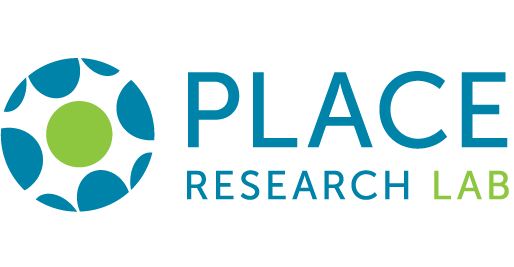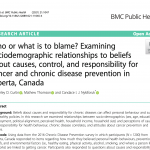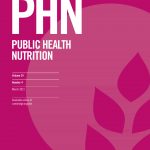
Canada is an international leader in natural resource and large-scale infrastructure projects, which substantially contribute to the domestic economy.
However, major projects in rural and remote regions can pose significant challenges for population health equity, defined as the absence of avoidable differences in health determinants, status and outcomes between geographic, socio-economic or demographic communities and subpopulations. In these regions, a more equitable sharing of risks and benefits with Indigenous peoples and affected communities could help address the legacy of colonialism, environmental injustice, and systemic oppression tied to major project development.
The recent development of a new federal system for impact assessments in Canada holds great potential to help evaluate and plan for the positive and negative impacts of major projects on health, social, and economic conditions. Under this new system, Indigenous peoples and affected communities will be engaged on their issues of concern from the earliest stages. By providing increased opportunities for consultation, engagement, and input, impact assessment can provide critical pathways to promote population health equity, which help to ensure natural resource and large-scale infrastructure projects make a net contribution to the public interest, and sustainability.
The ScopHIA research team conducted a knowledge synthesis to identify best practices for prioritizing population health equity within federal impact assessments in Canada. Employing a methodologically rigorous realist review research process, documents were retrieved and screened through an iterative combination of systematically searching two key impact assessment journals, and purposively searching other journals and websites. A total of 185 peer-reviewed and grey literature sources underwent full data extraction, analysis, and synthesis, using a standardized procedure and template. Recommendations across five key processes in the early stages of impact assessment were directly disseminated to the Impact Assessment Agency of Canada, with further knowledge mobilization conducted through webinars to stakeholders across Canada.
- Dr. Candace Nykiforuk, School of Public Health, University of Alberta (Nominated Principal Investigator)
- Jennifer Ann Brown (nee McGetrick), School of Public Health, University of Alberta (Principal Investigator; due to institutional restrictions Jennifer Ann is named as a collaborator on the application)
- Melissa Gorman, School of Public Health, University of Alberta (Collaborator)
- Joe Vipond, Canadian Association of Physicians for the Environment (CAPE) (Collaborator)
- Kim Hyejun, School of Public Health, University of Alberta (Research Assistant)
- Kelsey Schober, Department of Political Science, Faculty of Arts, University of Alberta (Research Assistant)
- Brown, J.A., Gorman, M., Hyegun, K., Schober, K., Vipond, J. & Nykiforuk, C.I.J. (June 2020). Scoping Population Health in Impact Assessment (ScopHIA) Realist Review: Identifying Best Practices for Equity. Evidence Brief for the “Informing Best Practices for Environmental and Impact Assessments” Knowledge Synthesis Grants competition launched by the Social Sciences and Humanities Council of Canada and Impact Assessment Agency of Canada. School of Public Health, University of Alberta.
- Brown, J.A., Gorman, M., Hyegun, K., Schober, K., Vipond, J. & Nykiforuk, C.I.J. (March 2020). Scoping Population Health in Impact Assessment (ScopHIA) Realist Review: Identifying Best Practices for Equity in Scoping of Major Natural Resource and Large-Scale Infrastructure Projects. Research Report prepared for the “Informing Best Practices for Environmental and Impact Assessments” Knowledge Synthesis Grants competition launched by the Social Sciences and Humanities Council of Canada and Impact Assessment Agency of Canada. School of Public Health, University of Alberta.
- 2019-2020 Social Science and Humanities Research Council and Impact Assessment Agency of Canada




